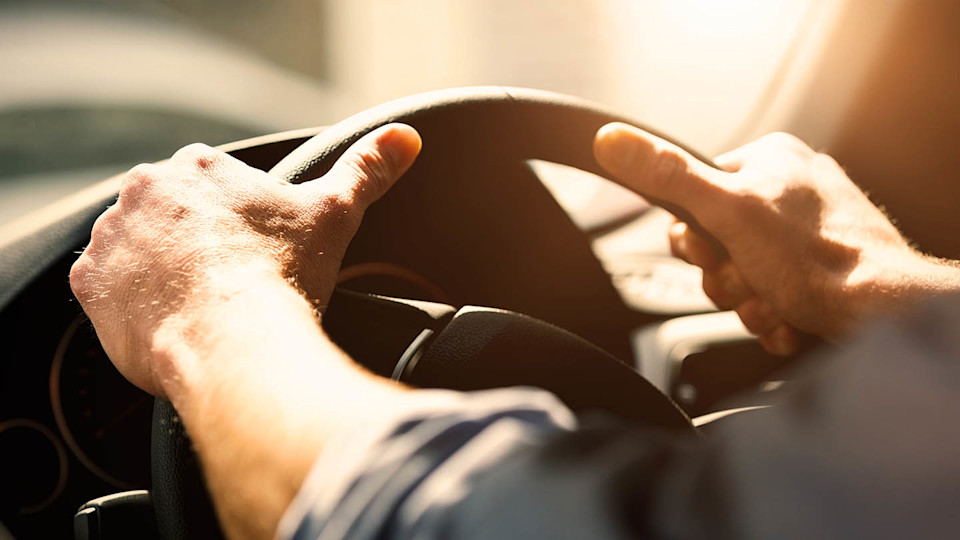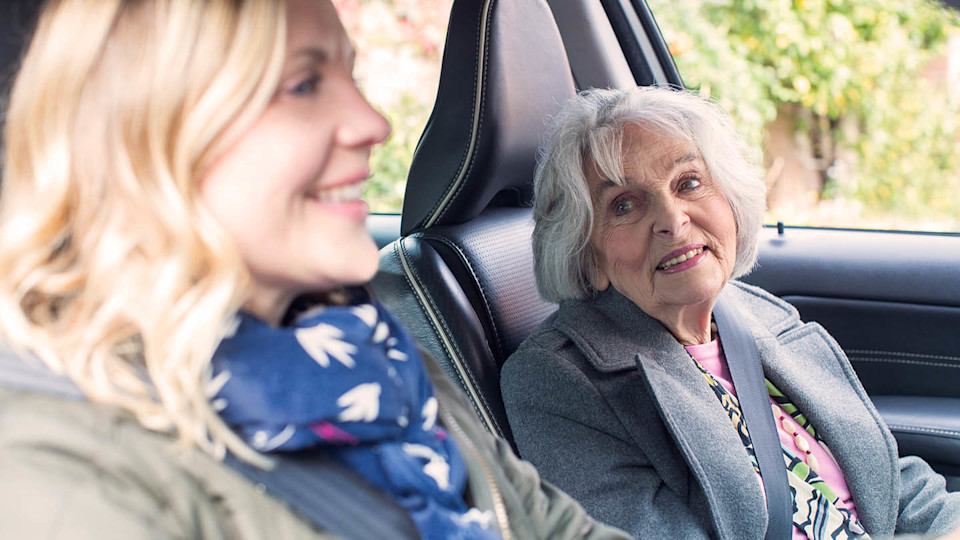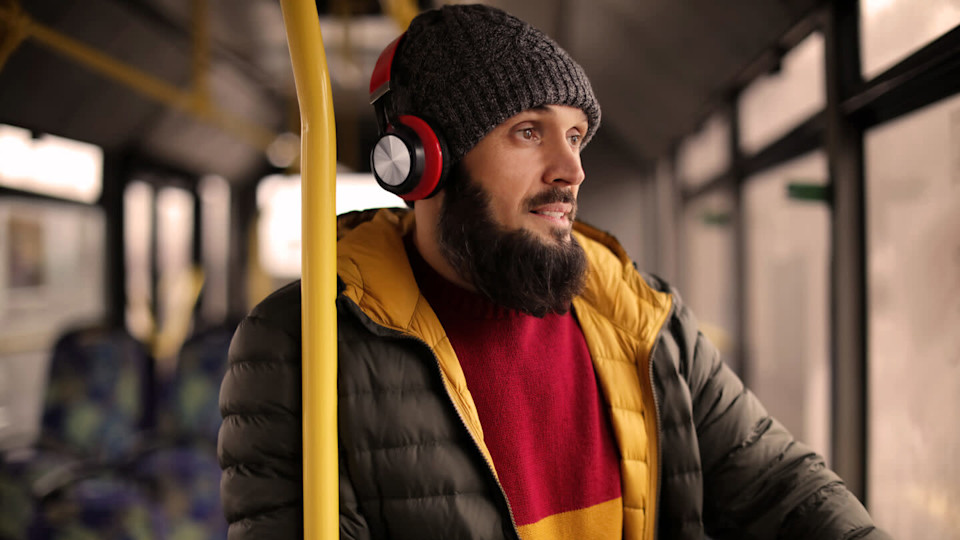
Personal injury
How to prepare for dangerous driving conditions
Dark nights, bad weather and wet or icy roads are just some of the factors that account for the winter months seeing a high number of road traffic collisions. Preparing yourself and your vehicle properly for the winter conditions can help you plan a safer journey and reduce your risk of being involved in an accident.
What are the risks when driving in winter conditions?
Accidents in winter weather are most commonly caused by lack of control and drivers not suitably adapting their speed. Speed is a huge risk to drivers, as breaking distance doubles in wet conditions and is multiplied by 10 in snow or ice. This means when driving at 70mph in snowy conditions, it could take you further than the length of seven football pitches to stop your vehicle. According to the charity Brake, 26% of people drive the same way in wet weather conditions as they do in dry.
Research that was studied between 2016-2020 showed that one road accident happens every hour in road, ice, floods and darkness and, over that four year period, over 44,000 accidents happened in winter weather.
It is also important to consider the various road conditions, most motorways and A roads will have gritters and snowblowers keeping the roads safe. While backroads and in the countryside, you’re less likely to have your roads treated for you, so you need to take extra caution when out on the roads.
At Slater and Gordon, we’ve represented thousands of individuals who’ve suffered catastrophic injuries due to road traffic collisions. One client was unfortunately seriously injured in a hit and run road collision. You can learn more about his journey and how we supported his case in this video.
How can you reduce the danger faced by driving in winter conditions?
When facing extreme winter weather, the best option to guarantee your safety is to avoid driving whenever possible. If your journey is essential, we advise you to consider how the weather will affect the handling of your vehicle. Our research, conducted in November 2022, found that 47% of UK drivers think that more could be done to make roads safer in winter, to keep yourself, and other road users safe there are certain things you can do.
Modifying your usual driving behaviours will reduce the risks, such as driving and breaking slower, planning your route ahead on roads that would’ve been gritted and keeping a safe distance from cars in front. Also keep a, keen eye out for other road users such as pedestrians, cyclists, motorcyclists and horse riders, especially when driving in the dark wintry mornings and evenings.
Adjusting our behaviour when driving in snow, sleet, rain and ice is essential to minimise the chances of an accident occurring. Research from the Met Office show that 9 out of 10 weather related deaths and injuries on the road take place in the rain. It’s extremely worthwhile to ensure you’re prepared if an accident does occur. In 2014, a survey conducted by the Highways Agency found that a shocking 63% of drivers don’t check their anti-freeze, oil, or water levels before setting off on the winter roads, with less than half of drivers checking if their lights worked.
We highly recommend checking the conditions of your car prior to your journey such as windscreen wipers, lights, anti-freeze, battery and also preparing an emergency kit.
Your emergency kit should include:
- Warm clothes
- Blanket
- Sturdy boots suitable for wintry weather
- First aid kit
- Hi-vis vest
- Jump leads
- A snow shovel
- An ice scraper
- De-icer
- De-icing salt
- Spare car bulbs
Before any car journey, it’s a good idea to go through the POWDERY checklist:
- Petrol (or diesel) – is there enough in your tank, and do you know where the fuel stations are on your journey?
- Oil – check the level is where it should be and fill up if needed. Ideally, check levels once a month.
- Water – check there’s enough and also check you have enough screen wash. Levels of these should be checked regularly.
- Damage – ensure there’s no damage to your car such as on the wipers, lights or tyres etc.
- Electrics – make sure your lights, indicators and controls are all working properly.
- Rubber tyres – make sure they’re all correctly inflated with the legal tread.
- You – are you feeling well enough to drive? Make sure you’re not tired or haven’t taken any medication that could make you drowsy.
When it comes to driving in winter, it’s better to be safe than sorry. Make sure you and your vehicle are well prepared and that you have all the equipment you need that could help you if you’re involved in an accident.
How we can help?
If you’re involved in a road traffic incident this winter, and want to ensure your claim is in safe hands, speak to one of our personal injury solicitors for support throughout the legal process.
We conduct the majority of our road traffic collision cases on a No Win No Fee basis, meaning there is no financial risk for enquiring about your claim. Our personal injury team are dedicated experts within their field, with the head of serious injury, Tracey Benson, recognised in the 2022 edition of legal directory, Legal 500, as “a hugely experienced team leader with an innate ability to secure the best possible settlement for her clients.”
As well as legal representation throughout your claim, we’ll organise rehabilitation treatment and interim payments when necessary, so you can focus on recovery. Call us on 0330 041 5869 or contact us online today.




It isn't just drivers who can claim for injuries sustained on the road. Road traffic accidents (RTA) can cause injuries to all sorts of people, including innocent bystanders; so our friendly and approachable legal experts are always happy to discuss every case, without obligation.